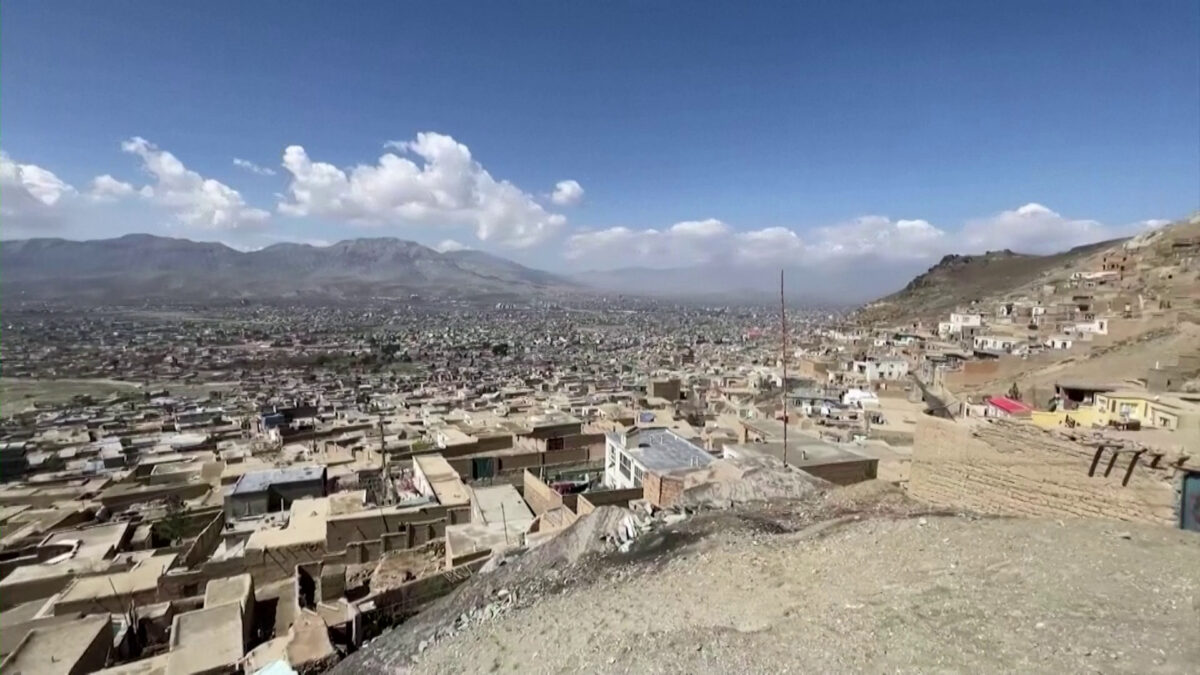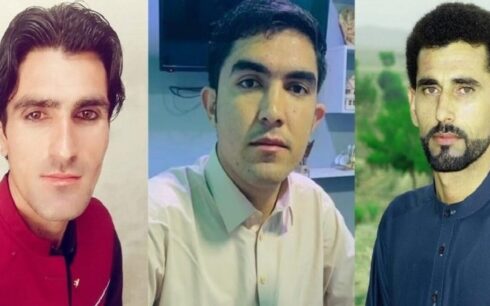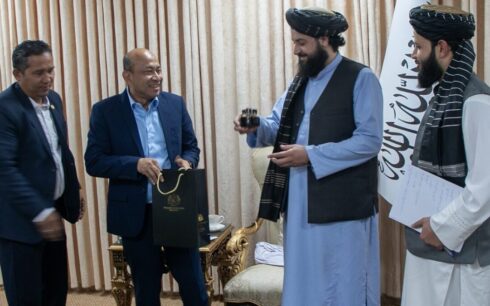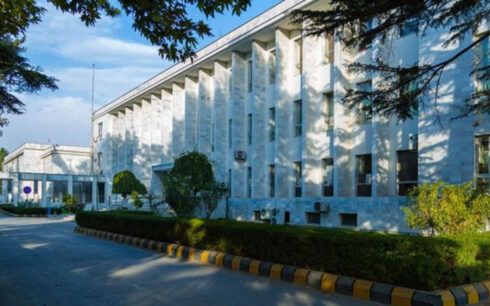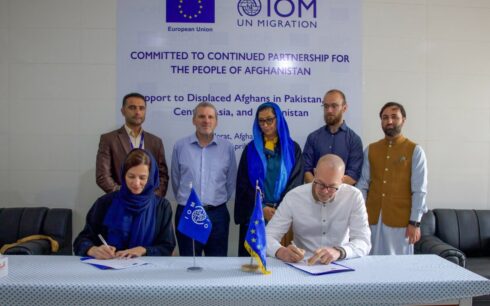The US Department of State said in its annual Country Reports on Human Rights Practices, issued this week, that the Taliban’s oppressive and discriminatory measures against women and girls have been “unyielding”.
The report, which covered 198 countries and territories around the globe, reiterated that Afghanistan is the only country in the world where women and girls are barred from receiving an education — “an internationally recognized human right.”
According to the report, the United States has not decided whether to recognize the Taliban or any other entity as the government of Afghanistan or as part of such a government and stated all references to the Taliban in this report “do not denote or imply that the United States recognizes the Taliban as the government of Afghanistan.”
According to the report, there is ineffective civilian oversight of the Taliban’s ministry of defense; the ministry of interior; the ministry for the promotion of virtue and prevention of vice; and the general directorate of intelligence.
In addition, the Taliban did not formally change existing laws as legislated by the Islamic Republic; however, they promulgated edicts that contradicted the laws of the Islamic Republic and international conventions and used violence to enforce their edicts. “There were reports that members of the Taliban police and militia committed numerous abuses” the report read.
The report also listed what it said was “significant human rights issues” including, but not limited to credible reports of arbitrary killings, including targeted killings; forced disappearance; torture, or cruel, inhuman, or degrading treatment by the Taliban; harsh and life-threatening prison conditions; arbitrary arrest or detention; arbitrary or unlawful interference with privacy; and punishment of family members for alleged offenses of a relative.
The report also stated there were credible reports of unlawful recruitment and use of child soldiers; serious restrictions on freedom of expression and media by the Taliban, including arrests of and violence against journalists and censorship; serious restrictions on internet freedom; restrictions on freedom of movement and residence and on the right to leave the country; serious corruption; serious restrictions on and harassment of domestic and international human rights organizations; lack of investigation of and accountability for gender-based violence, sexual violence; child, early, and forced marriage, and other harmful practices and the existence of the worst forms of child labor.
Widespread disregard for the rule of law and official impunity for those responsible for human rights abuses was also common. “After taking over the country [in August 2021], the Taliban formed a commission to identify and expel from their ranks ‘people of bad character,’ but details of its work remained unclear.”
The US said there were credible reports of retaliatory acts by the Taliban on former security and government personnel, including targeted killings and disappearances. “While Taliban representatives said that they do not endorse such actions, they did not consistently take steps to hold perpetrators accountable for these abuses,” read the report.
Delivering this report earlier in the week, US Secretary of State Antony Blinken said: “The goal of this report is not to lecture or to shame,” but rather to “provide a resource for those individuals working around the world to safeguard and uphold human dignity when it’s under threat in so many ways.”
Amnesty International calls for action
Washington’s report on Afghanistan’s human rights situation mirrors that of many humanitarian and human rights agencies, including Amnesty International which earlier this month urged UN member states to act towards ending impunity and ensuring justice for victims of Taliban abuses.
In line with this, Amnesty International called on the United Nations Human Rights Council to establish an independent investigative mechanism, or fact-finding mission, in Afghanistan at the earliest opportunity, with a focus on evidence preservation to pursue international justice.
At the time, the rights watchdog said: “The human rights situation in Afghanistan is deteriorating rapidly, and the Taliban’s relentless abuses continue every single day.”
In a statement, Amnesty International said a fact-finding mission mechanism should have a multi-year mandate and resources to investigate, collect and preserve evidence of human rights violations and abuses committed across the country.
The watchdog also said that while the UN Special Rapporteur Richard Bennett has an essential mission to document ongoing abuses, a key contribution of the mechanism would be to establish the facts and circumstances of serious violations, identify potential perpetrators and secure and preserve evidence for future prosecution under international justice.
“Such a mechanism is crucial to ensure that crimes under international law and human rights violations in Afghanistan do not escape scrutiny, and to ensure that all those suspected of criminal responsibility are held accountable in fair trials before ordinary civilian courts or international criminal courts,” the watchdog stated.

